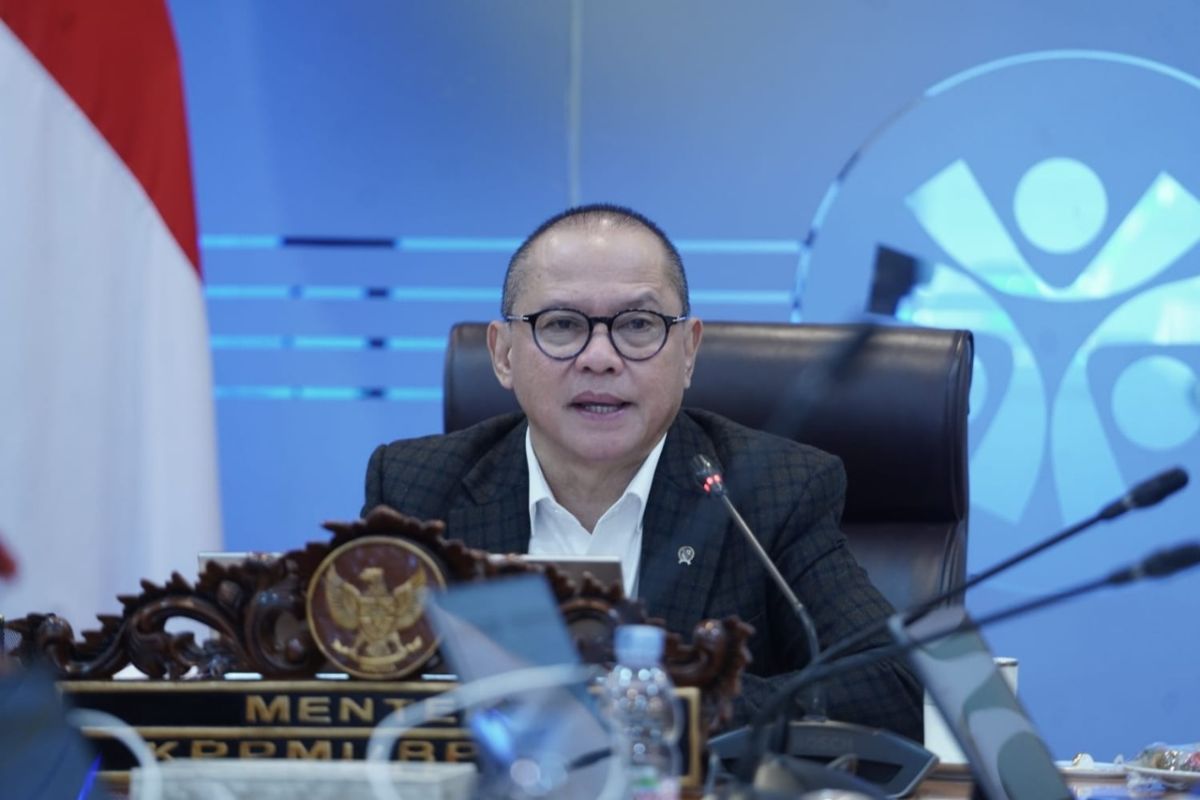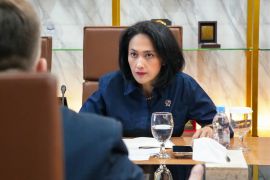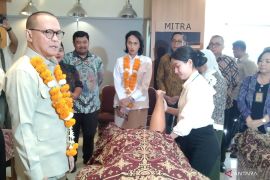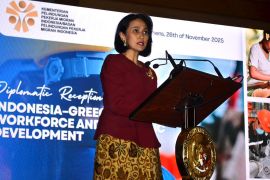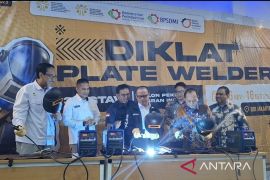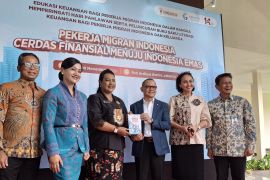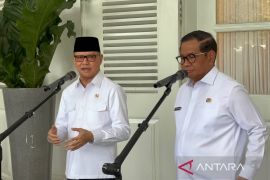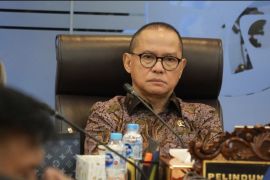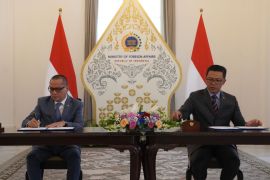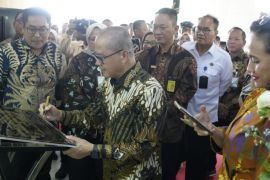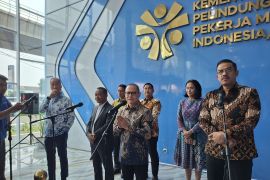This action directly addresses the significant backlog of applicants under the Government-to-Government (G-to-G) scheme.
"We have prepared strategic steps so that the placement of migrant workers to South Korea can proceed more quickly and transparently," said Mukhtarudin during a meeting at the KP2MI Office.
He explained that the backlog not only affects the prospective workers who have passed their exams but also erodes public trust in the G-to-G scheme's governance.
To resolve this, the ministry has coordinated with the Human Resources Development Service of Korea (HRDK) and the Korean Labor Attaché.
On the policy front, Mukhtarudin announced several key actions.
The ministry has submitted a formal proposal to the South Korean Ministry of Employment and Labor (MOEL) to find a solution for the growing roster buildup.
Additionally, they are coordinating with the Center for Employment Permit System (CEPS) to discuss the economic impact of the issue and are in talks with the Korean Labor Attaché to expand job positions, the scope of employers, and available work areas.
To improve the readiness and competence of prospective workers, the P2MI is collaborating with the HRDK.
This partnership will provide an online learning website and offer free Korean language training through the King Sejong Institute.
The ministry is also prioritizing long-waiting workers to participate in a pilot project for the root industry, a step expected to better align their skills with the needs of South Korean industries.
Mukhtarudin emphasized that a more transparent system will allow prospective workers to monitor their own progress, ensuring legal certainty and rebuilding public confidence.
He hopes these steps will gradually reduce the backlog, improve the competency of CPMIs, and ensure that South Korean industry needs are met with a qualified workforce.
Translator: Katriana
Editor: Aditya Eko Sigit Wicaksono
Copyright © ANTARA 2025
